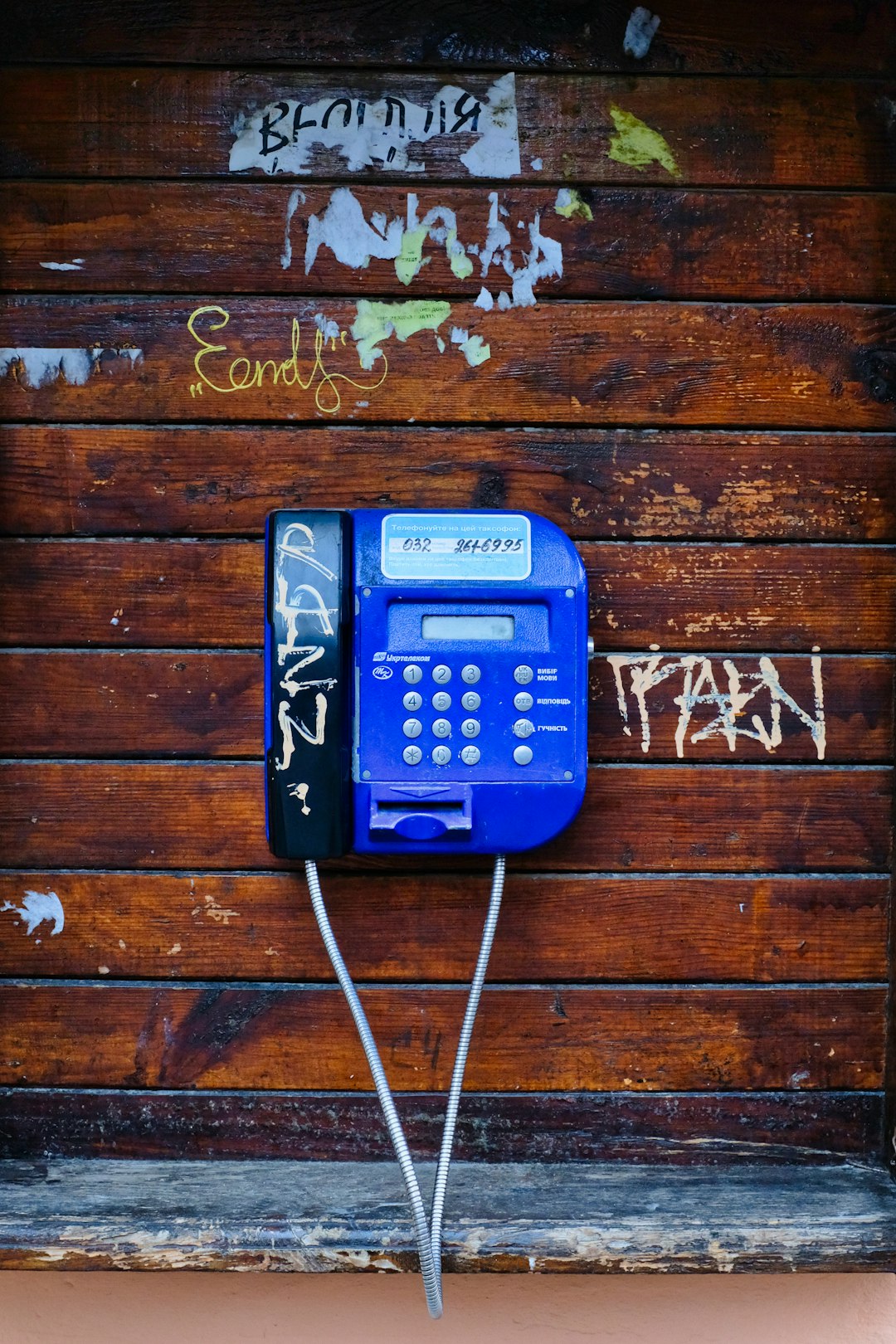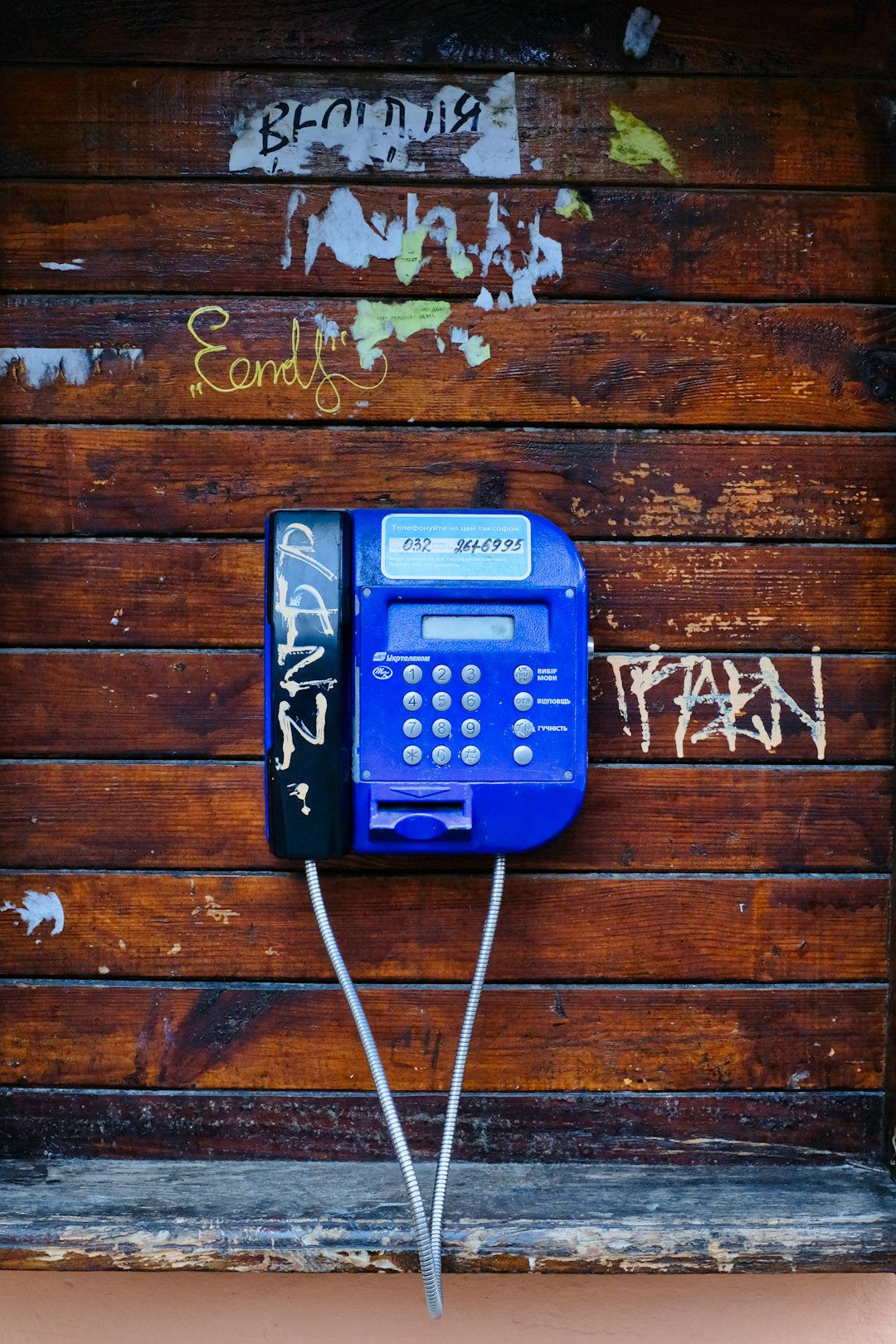In Nebraska, including Omaha, autodialers (software for automated phone marketing) are common but often invade consumer privacy. Nebraska laws protect residents from unwanted telemarketing, and specialized autodialer attorneys help enforce these rights by guiding consumers through legal processes and securing compensation if violated. If you face persistent robocalls, file complaints with the Nebraska Public Service Commission and consider legal action assisted by experienced autodialer attorneys. Choose specialists in telecommunications law with a strong track record in TCPA cases and up-to-date industry knowledge for the best representation.
In Omaha, as across Nebraska, the rise of autodialers has transformed consumer interactions with unsolicited calls. Understanding your rights against these automated dialing systems is crucial for protecting your privacy and peace of mind. This article delves into the impact of autodialers on consumers, explores legal protections available under Nebraska law, and guides you in navigating potential legal action with the help of specialized autodialer attorneys in Nebraska.
What are Autodialers and How Do They Affect Consumers in Nebraska?

In today’s digital age, consumers in Omaha and across Nebraska often find themselves on the receiving end of automated phone calls, a practice commonly known as autodialing. Autodialers are software programs designed to make a large number of telephone calls automatically, using pre-recorded messages or live agents, with the primary purpose of marketing or telemarketing. While these technologies can enhance businesses’ outreach capabilities, they can also be a nuisance and even a violation of privacy for consumers.
When an autodialer makes contact without prior consent, it raises concerns about consumer rights. Nebraska laws protect residents from unwanted phone marketing tactics. Autodialer attorneys in Nebraska assist individuals who feel their rights have been infringed upon by holding telemarketers and companies accountable. These legal experts guide consumers through the process of understanding their protections, filing complaints, and seeking compensation if necessary.
Consumer Rights Against Autodialing in Omaha: Legal Protections and Remedies

In Omaha, consumers have legal rights and protections against autodialers, also known as automated dialing systems or robocalls. The Nebraska Revised Statutes provide guidelines to ensure fair practices in telemarketing activities. According to state laws, businesses and individuals using autodialers must obtain prior express written consent from recipients before placing any prerecorded or artificial message for commercial purposes. This means that if you have not given explicit permission for automated calls, such as signing up for a marketing list, you have the right to stop these calls.
If your privacy has been invaded by persistent autodialer campaigns, there are legal remedies available. Nebraska law allows consumers to file complaints with the Nebraska Public Service Commission (NSC) if they believe their rights have been violated. You can also seek compensation for any damages incurred due to unsolicited calls through legal action against the offending party. Autodialer attorneys in Nebraska can guide you through these processes, ensuring your rights are protected and helping you navigate the legal system effectively.
Navigating Legal Action: Choosing the Right Autodialer Attorneys in Nebraska

When considering legal action against an autodialer, selecting the right autodialer attorneys in Nebraska is a crucial step. It’s important to find lawyers who specialize in telecommunications law and have experience dealing with cases involving automated dialing systems. Look for attorneys who are well-versed in the Telephone Consumer Protection Act (TCPA) and can navigate the complex legal landscape surrounding consumer rights.
In Omaha, there are several reputable firms offering services related to autodialer cases. Research their track record, client testimonials, and areas of expertise. Choose lawyers who actively stay updated on changes in regulations and case law affecting consumer protection. Ensure they have a proven history of successfully representing clients in similar situations, as this can significantly impact the outcome of your case.






